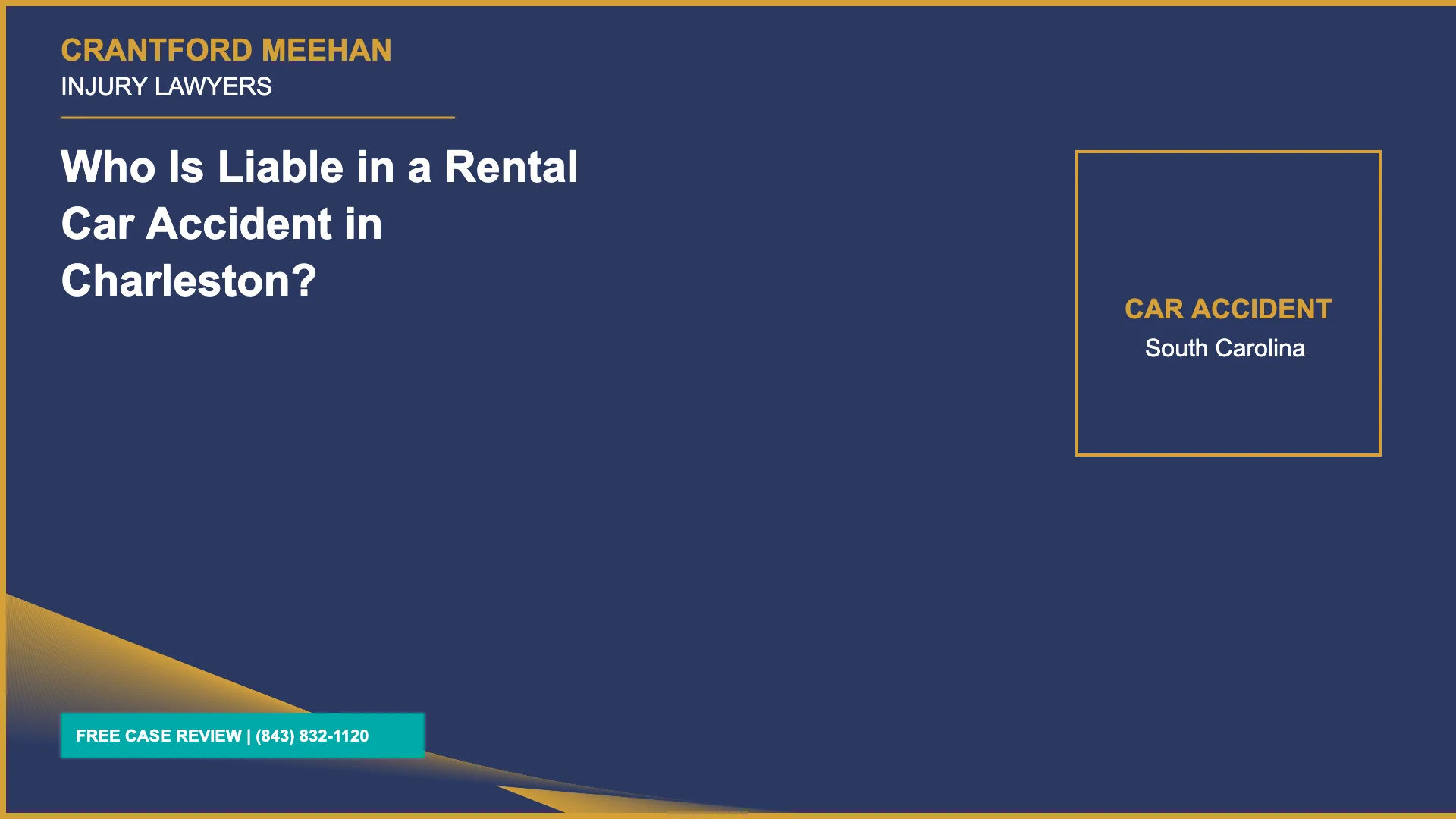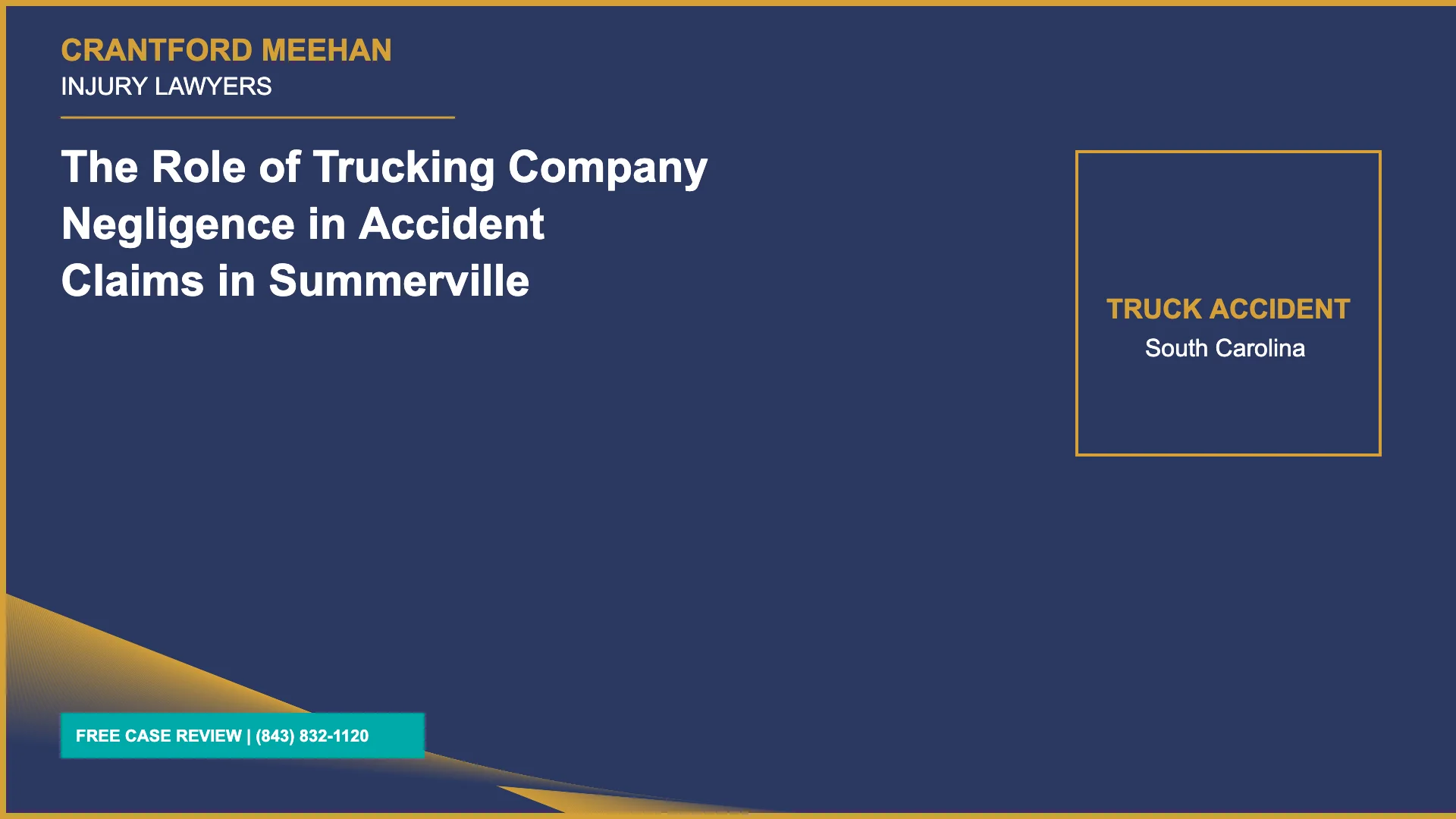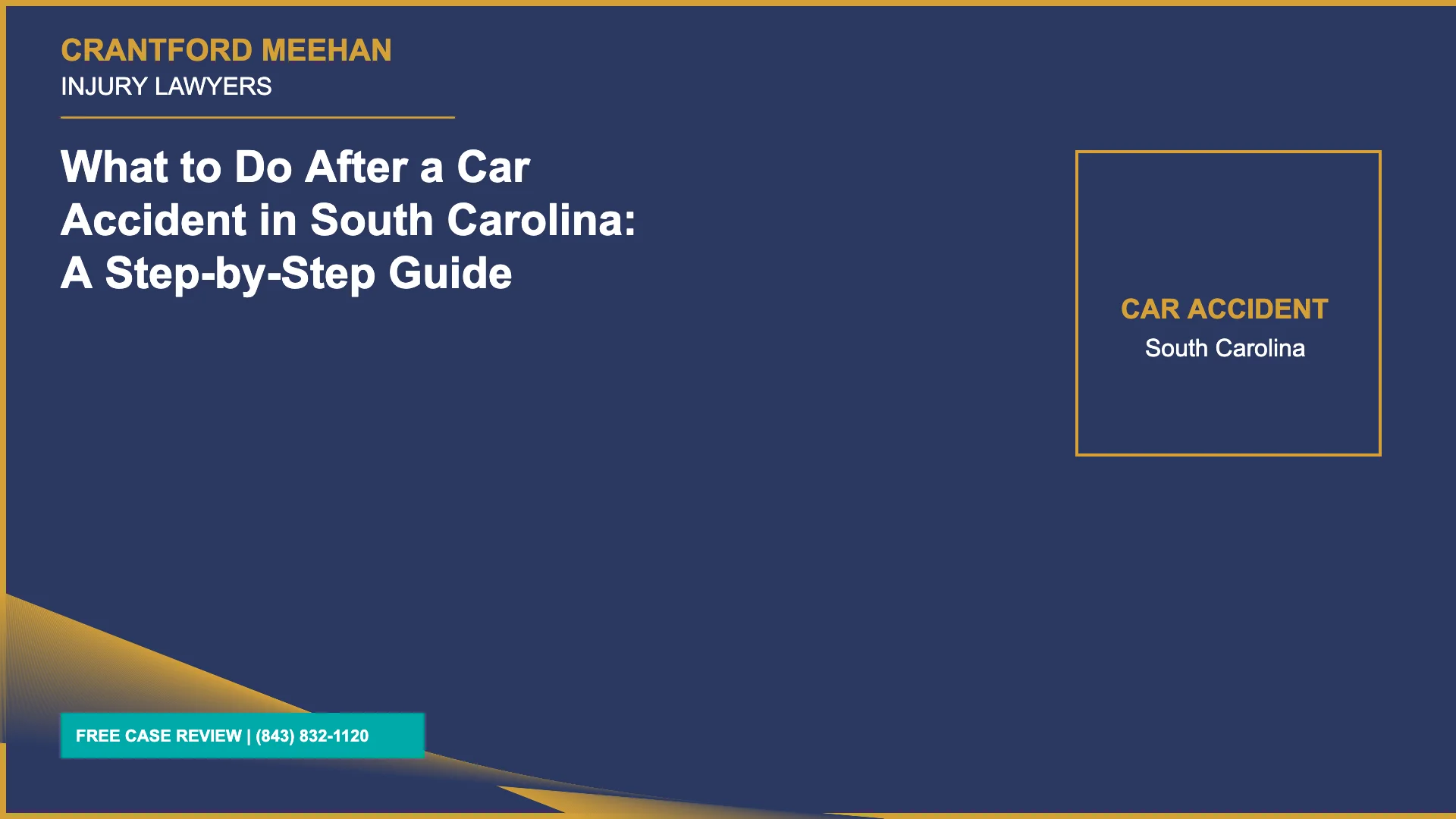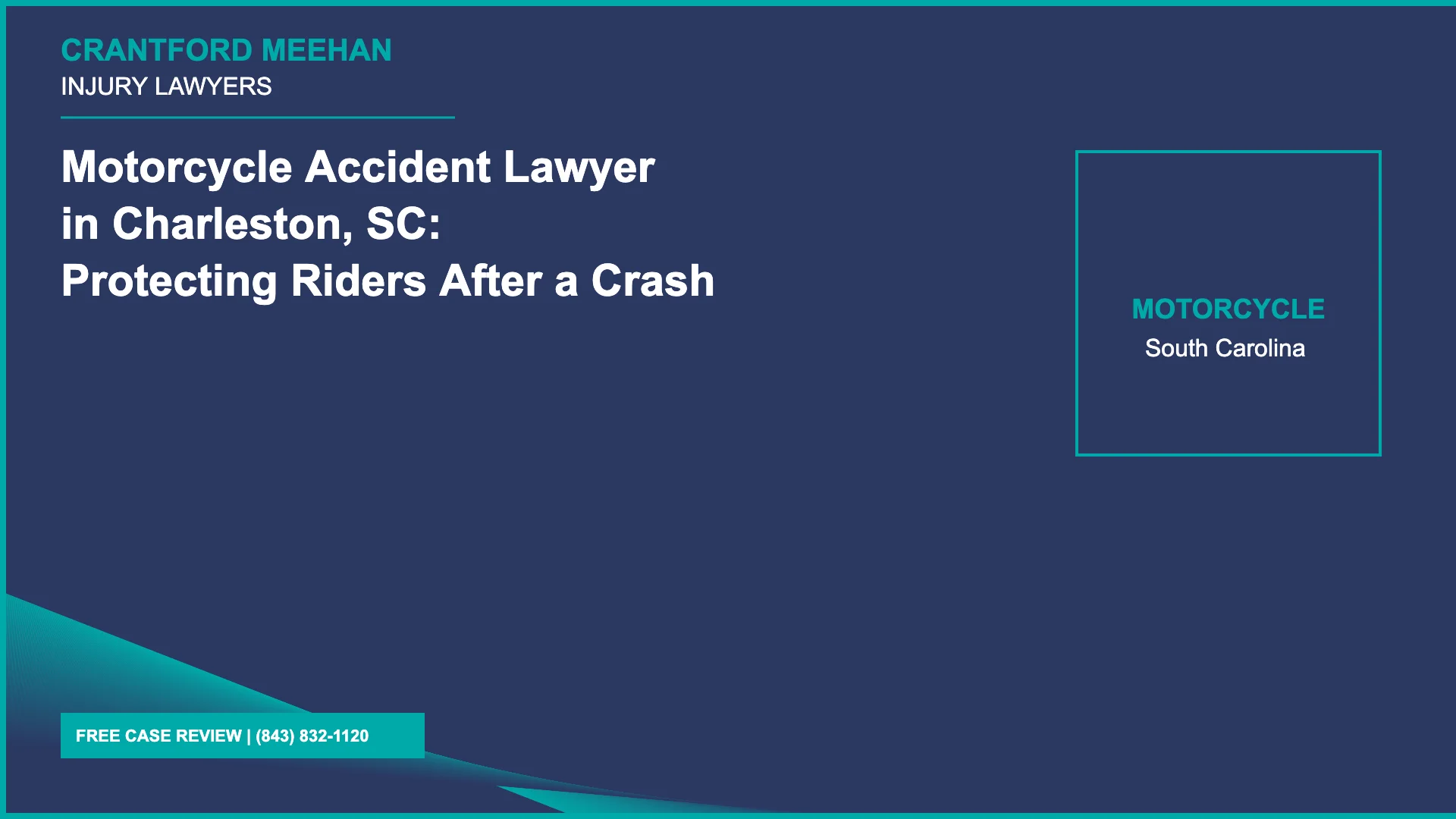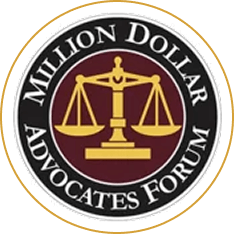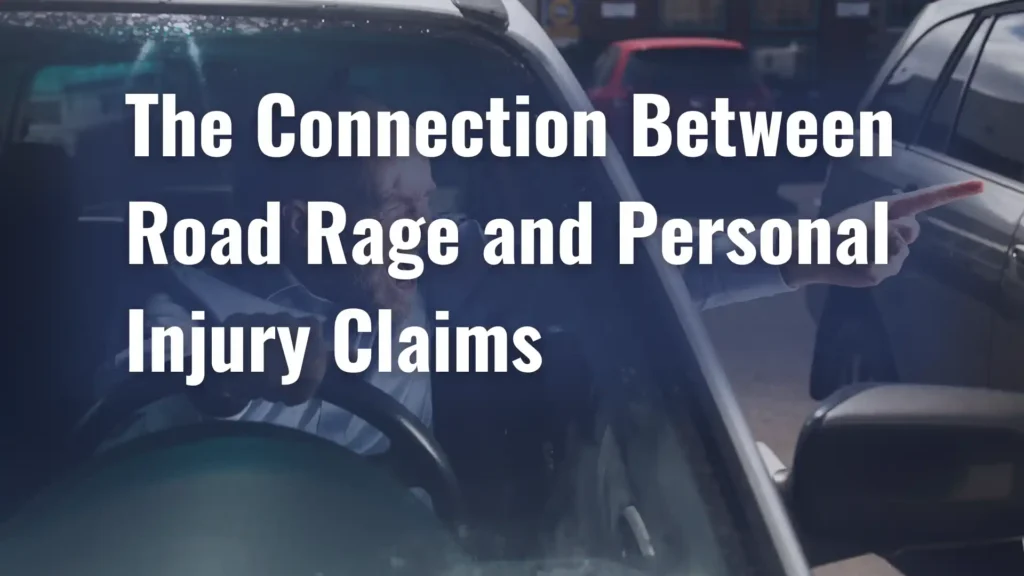
The more time you spend driving in South Carolina, the more likely it is you’ll encounter an aggressive or angry driver. The National Safety Council estimates that about 1 percent of fatal crashes nationwide involve road rage. While most road rage accidents are fatal, injured drivers in South Carolina must understand their rights and how road rage personal injury claims work.
Can You File a Personal Injury Claim After a Road Rage Incident?
Yes, you can file a personal injury claim if someone else’s road rage caused an accident and you suffered injuries. Road rage often falls under negligence, which means someone failed to act with reasonable care and their behavior caused an accident. Proving negligence is key to recovering compensation in personal injury cases. You don’t need to establish the driver meant to hurt you, only that their actions were careless, aggressive, and caused you harm.
When drivers lose their temper, they may take reckless actions that endanger others. Common examples of road rage include:
- Tailgating
- Brake-checking
- Yelling threats
- Swerving toward another vehicle
- Running someone off the road
What Must Be Proven in a Road Rage Personal Injury Case?
To win a road rage personal injury claim, you must first prove that the other driver acted negligently. That means showing how the other driver’s careless actions caused the crash.
For example, suppose a driver is tailgating you and honking their horn in frustration because they think you’re going too slow. You would have the right-of-way in this situation, and it’s up to the driver to pass you safely if they’re frustrated. However, the driver might not realize you’re approaching an intersection because they’re not paying attention. If you slow down and the tailgating driver hits you, they acted negligently because drivers must maintain safe following distances.
Once you establish negligence, you must prove that the other driver’s actions caused your injuries. For instance, a rear-end collision like the one described above might cause injuries from you pressing against your seatbelt. You might also sustain injuries from a deployed airbag or whiplash from the impact force. An experienced attorney can use your medical records and other evidence to show how a crash caused your injuries.
What Evidence Supports a Road Rage Claim?
Proving someone’s mental state can be difficult, as drivers are (understandably) hesitant to talk about their emotions before a crash. They know that coming off as angry or out of control makes them look bad. Nevertheless, some evidence you can use to support a road rage accident claim includes:
- Witness statements – Passengers, bystanders, or other drivers can testify about the aggressive driver’s behavior before or after the crash.
- Police reports – Officers often document a driver’s statements, aggressive behavior, or any citations they issue for reckless driving as part of their accident investigation. All these components of a crash report can support a road rage claim.
- Traffic or dashcam footage – Video may show the driver who hit you swerving, tailgating, brake-checking, or gesturing, which can indicate angry or violent driving.
- Photos of the scene – Pictures from the crash scene can capture skid marks, damage patterns, or debris that match aggressive or sudden maneuvers.
- 911 call recordings – If someone reported road rage during or right after the incident, that call may help support your claim.
- Text or social media evidence – There are cases where angry drivers have posted threats or vented about a crash online or in text messages. These records can give an insurer or jury a look into the other driver’s mental state.
- Event data recorder (black box) information – Event data recorders store a car’s information (speed, direction, brake status, etc.) during and immediately before crashes. This data can reveal braking patterns or other maneuvers that might indicate reckless driving.
- Statements at the scene – If the other driver admitted to aggressive driving, you can use their words as evidence.
- Prior driving records – A driver’s history of traffic offenses or violent driving may help show a pattern of road rage or recklessness.
What Compensation Can You Recover?
Your compensation in a road rage accident claim falls into two main categories. The first is your economic damages, which cover a crash’s direct financial costs. Your economic damages could include compensation for your lost income, reduced future earnings, and medical expenses. You can also seek compensation for the cost of repairing or replacing your car or other damaged property.
The other category of compensation in these cases is your non-economic damages. Non-economic damages are compensation for a collision’s intangible costs. For instance, you can demand compensation for your pain and suffering, emotional distress, and reduced quality of life.
Finally, punitive damages may apply in road rage cases. This compensation is not tied to any loss you sustained. Instead, it’s additional money a court may award you to penalize someone for intentional harm or especially reckless conduct. Given that road rage involves severe recklessness, an experienced attorney can help you make a strong case for punitive damages.
What To Do After a Road Rage Accident in South Carolina
You don’t want to provoke an angry driver after a road rage accident. However, you also want to protect your legal rights. Here’s what to do in these situations:
- Stay in your vehicle if it’s safe to do so.
- Lock your doors and keep your windows rolled up.
- Do not engage or argue with the angry driver.
- Call 911 and report the crash and the other driver’s behavior.
- Try to get the other vehicle’s license plate number.
- Take photos or videos from a safe distance if possible.
- Speak to witnesses and get their contact information.
- Wait for police to arrive before leaving the scene.
- Seek medical care, even if injuries seem minor.
- Report the incident to your insurance company, but don’t give any recorded statements.
- Contact a car accident lawyer as soon as possible.
Crantford Meehan has the experience and proven results to help you hold the other driver accountable if their anger caused a crash. Call now or complete our contact form for a free case review.
NATIONALLY RECOGNIZED LAW FIRM
REQUEST YOUR FREE CONSULTATION
GET THE HELP YOU NEED
Fill out the form below to get in touch with us!


